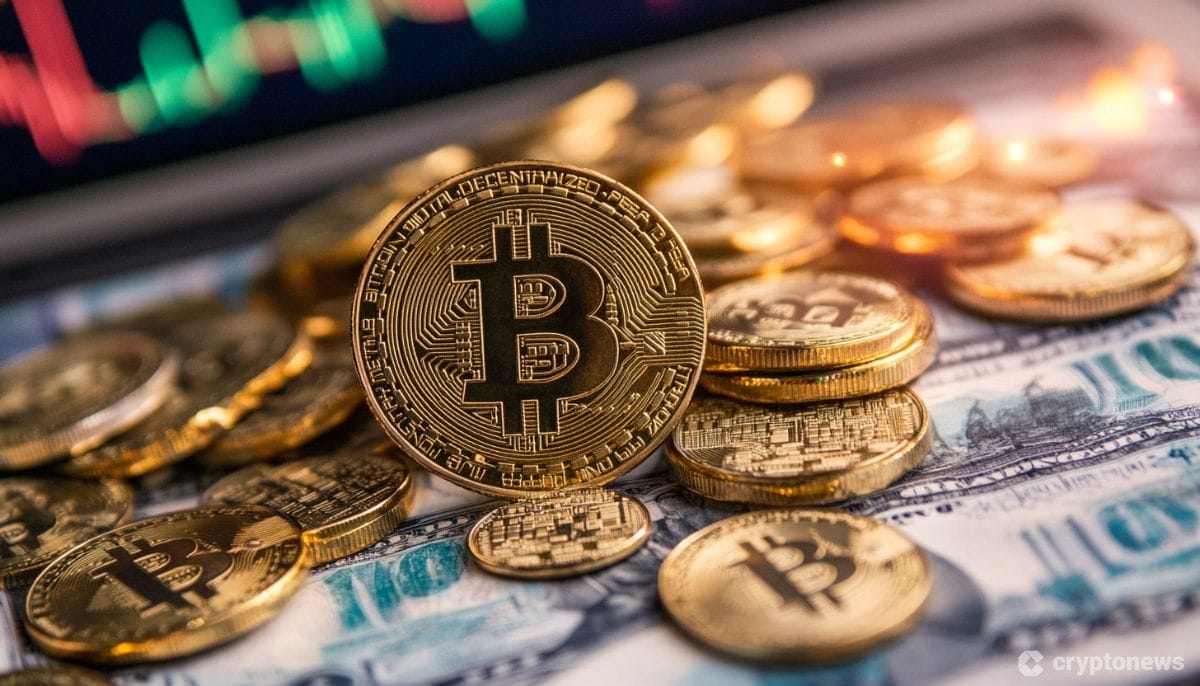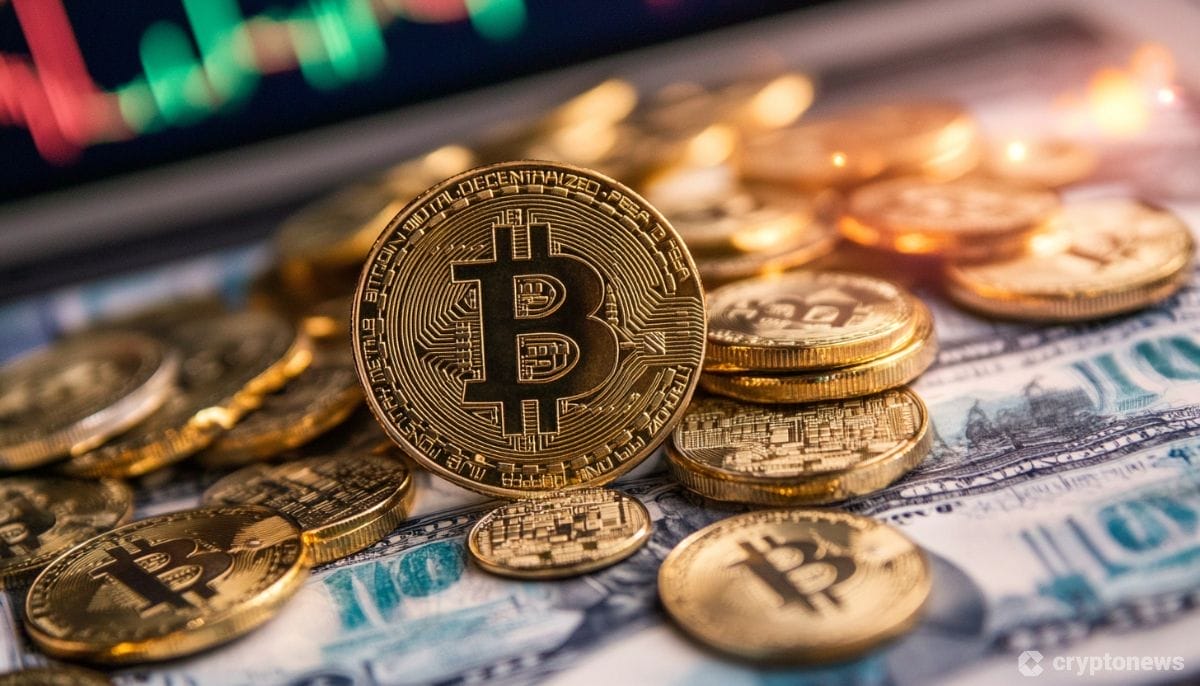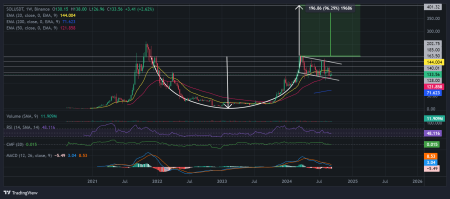Last updated:
 Why Trust Cryptonews
Why Trust Cryptonews

A recent survey by the cryptocurrency exchange Kraken has revealed that most crypto investors favor the dollar-cost averaging (DCA) approach when purchasing digital assets.
Conducted with 1,109 respondents, the survey, published on October 7, revealed that 83.5% of investors have used DCA, with 59% still employing it as their primary investment method.
DCA is a strategy where investors purchase a fixed dollar amount of a cryptocurrency at regular intervals, regardless of price fluctuations.
DCA Helps Minimize Effects of Price Swings
According to Kraken’s research, this approach helps minimize the effects of short-term price swings and mitigates emotional decision-making, a significant factor in the volatile world of cryptocurrency.
The survey showed that 46% of respondents view the primary advantage of DCA as its ability to hedge against market volatility.
About one-third of participants valued DCA for fostering consistent investment habits, while 12% highlighted its role in reducing emotional influence on trading decisions.
The appeal of DCA varies with income levels.
For investors earning less than $50,000 annually, the main benefit was the encouragement of disciplined investment habits.
In contrast, those earning above $50,000, especially in the $175,000 to $199,000 range, prioritized DCA’s ability to reduce the impact of market volatility.
Nearly 70% of investors in this income bracket considered this the strategy’s most significant advantage.
Despite the widespread adoption of DCA, only about 8% of investors maintained this approach during periods of market losses.
The survey noted that investors using alternative strategies showed a greater likelihood of staying consistent during market downturns.
“Our survey found that the more an investor earns, the more confident they are about sticking to their investment strategy,” Kraken’s researchers noted.
High-income investors, particularly those making over $100,000 annually, displayed a stronger ability to adhere to their trading plans amid market fluctuations.
Approximately 63% of this group reported a “very strong” ability to maintain their strategy during volatile periods.
Younger Investors Are More Inclined Toward Riskier Strategies
The survey also revealed differences in strategy preferences based on age.
Younger investors, between 18 and 29 years old, were more inclined toward riskier strategies, with half attempting to time the market.
In contrast, older investors, aged over 45, monitored crypto markets more closely, with two-thirds tracking market movements more frequently than their younger counterparts.
Last month, Kraken acquired Coin Meester B.V. (BCM), one of the Netherlands’ oldest registered crypto broker firms, in a bid to strengthen its footprint across Europe.
Over the past two years, Kraken has been actively expanding its operations across Europe.
The exchange now offers VASP services either directly or through partnerships in multiple countries, including Germany, Spain, Italy, Belgium, Ireland, France, Poland, and the Netherlands.
More recently, Kraken responded to allegations from the United States Securities and Exchange Commission (SEC) that it violated federal securities laws.
The SEC claims that several digital assets offered by Kraken should be classified as unregistered securities.
In its defense, Kraken has denied these accusations, asserting that the assets in question do not meet the legal criteria to be considered securities.





